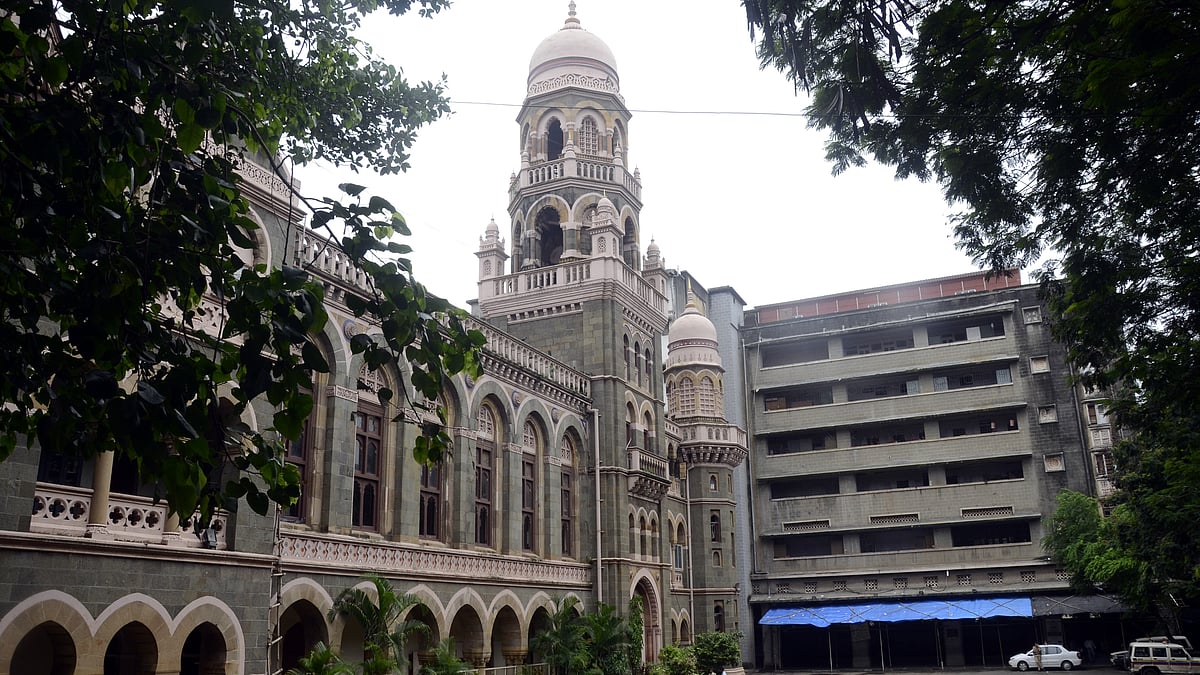Mumbai: When Muslim organisations opposed the Waqf (Amendment) Act 2025 earlier this year, Anjuman-E-Islam Charities, a leading Muslim educational institution in the city, declared itself a secular and 'non-Waqf' institution in January 2025, an application with the Maharashtra State Waqf Board has revealed. The Parliament passed the amended law in April.
Muslim community leaders questioned Anjuman-E-Islam's decision, saying that it is a setback for the campaign against the Waqf (Amendment) Act. Anjuman-E-Islam stated that while it is not opposed to the Waqf law, the institution was registered under the Companies Act, 1913, and the Bombay Public Trusts (BPT) Act, 1950, before the Waqf Act 1995 was enforced in 2003.
The Waqf Board, in its order on January 30, agreed with the findings of an enquiry officer that Anjuman-E-Islam Charities should be removed from the Waqf list and its files returned to the Charity Commissioner's office, which administers public trusts.
The trust, headquartered opposite the Chhatrapati Shivaji Maharaj Terminus, and other organisations had challenged their inclusion in the list of Waqf trusts published in November 2003 and December 2004 before the Bombay High Court. They contended that they were registered under the Companies Act and the BPT Act. Anjuman-E-Islam manages nearly 100 institutions, including schools, colleges, engineering institutes, orphanages, and homes for the destitute.

In September 2011, the Bombay High Court set aside the Waqf list. The Waqf Board challenged this in the Supreme Court, which, in October 2022, partly allowed the appeal while setting aside the list of trusts registered under the BPT Act that filed petitions in the apex court. The Supreme Court ordered the Waqf Board to decide whether the trusts were Waqf. In December 2022, Anjuman-E-Islam applied for recognition as a public secular trust. An enquiry officer appointed by the Waqf Board to examine the matter filed a report in favour of the trust's claim. On January 30, 2025, Juned Sayyad, chief executive officer of the Maharashtra State Board of Waqf, ruled that it is unanimously resolved that Anjuman-E-Islam Charities is not a Waqf institution
Shuaib Khateeb, trustee of Mumbai's Jama Masjid, who had applied for a copy of the January order, said that it was unfortunate that a major Muslim-run trust declared itself as 'non-Waqf'. "What is the message we are sending to the community? Why was the trust silent when the Muslim community was protesting against the law? Why were we opposing the law if some trusts do not want to be recognised as a Waqf trust?" said Khateeb, who added that the board's decision will be challenged. "The trust for their status changed without the community knowing about it. I had to apply for a copy of the January order to bring this fact to the public notice."

Shagaf Siddik Nakid from Anjuman-E-Islam said that when the Waqf Board prepared a list of Waqf trusts in 2003, it was mandatory under the law to survey the organisations before adding them to its list. "We were included in the list without an enquiry. We appealed to the Bombay High Court and the Supreme Court to represent our case. We have our own aims and objectives. Our organisation manages other trusts that have been handed over to us by the courts. We are a company," said Nakid.
To get details on exclusive and budget-friendly property deals in Mumbai & surrounding regions, do visit: https://budgetproperties.in/







